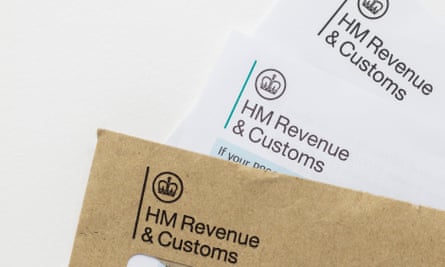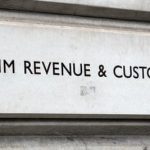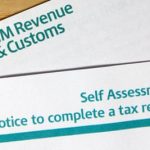‘I got back £4,300 just by checking my tax code was right’
Check your tax code carefully because if yours is wrong, you may be due a refund of hundreds or even thousands of pounds. That was the message this week from Wendy Davidson*, who was recently sent a cheque for £4,300 by HM Revenue & Customs. She discovered it had been taxing her as if she was receiving child benefit – even though her daughter is now 24 years old.
In 2013, Davidson was earning about £55,000 a year as a civil servant and had a teenage daughter. That meant she was affected by the government’s high income child benefit charge, which was introduced at the start of that year and involved people’s child benefit cash being clawed back via the tax system.
Unhappy about the government changing what had previously been a universal benefit into something that was means-tested, Davidson was determined to get the maximum amount allowable under the rules, so she opted to continue receiving the benefit and had to start filling in a self-assessment tax return.
Self-assessment tax return: top tips to help you with the processRead more
Her daughter turned 18 in 2014 and later that year Davidson’s entitlement to child benefit stopped. She notified HMRC of this and, after filing her tax return for 2014-15, told HMRC she did not need to do one any more.
However, after retiring last year she felt she was being taxed a lot on her pension, and that prompted her to start looking at her tax code. “I thought: ‘Why’s my tax code nine-something, not 1250?’” she says.
To give HMRC credit, once I had alerted them, they admitted the error and made a prompt tax rebate payment to meWendy Davidson
Davidson looked online at her personal tax account and saw her records had never been updated and she was still having deductions applied for child benefit, even though her daughter was in her 20s.
“To give HMRC credit, once I had alerted them to this in November last year, they admitted the error and made a prompt tax rebate payment to me,” she says. She was refunded £4,303 relating to four tax years.
If you do a tax return, you will know that one of the things people are asked about is their tax code. This is a series of numbers and letters used by your employer or private pension provider to work out how much income tax it should take from your pay or pension.
You will usually receive a “tax code notice” letter in the post from HMRC, telling you what yours is for the coming tax year and how it has been worked out. If you’re an employee, your tax code can usually also be found on your payslip.
Your code is typically based on the standard tax-free personal allowance of £12,500, minus things such as the value of any benefits you get from your job (such as private medical insurance or a company car) and the high income child benefit charge, which affects some people earning more than £50,000 a year.
 View image in fullscreenHMRC says: ‘Tax codes we issue are based on the latest information we hold.’ Photograph: Maddie Red Photography/Alamy
View image in fullscreenHMRC says: ‘Tax codes we issue are based on the latest information we hold.’ Photograph: Maddie Red Photography/Alamy
The most common tax code for 2020-21 is 1250L. That is the code currently used for most people who are receiving their income from one job or pension.
Experts say you should check your tax code to make sure it is correct for your situation as it may be based on outdated or incorrect information. However, many people file their tax code notice letters away without looking at them closely – or at all.
Davidson says that as “a standard PAYE person” on a set salary with simple affairs, she had never really got into the habit of checking her tax code but would now definitely urge people to do this.
“Could it be more widespread is the question,” adds Davidson, who is in her late 50s. It is also possible that some people may be paying too little tax as a result of having the wrong code.
An HMRC spokesperson says: “PAYE collects the correct amount of tax for the vast majority of customers. The tax codes we issue are based on the latest information we hold, and we’ll change a customer’s tax code if we’re notified of any change in circumstance. The easiest way to tell us about any changes in your income that might affect the tax you need to pay is through your personal tax account.”
To get an idea of whether you are on the right tax code, try MoneySavingExpert.com’s online tax code calculator.
* Not her real name
Sunday 31 January is still the official deadline for filing a 2019-20 self-assessment tax return but this week HMRC said that those who submitted their form after that date would not receive a £100 late-filing penalty, provided it was sent in by 28 February.





